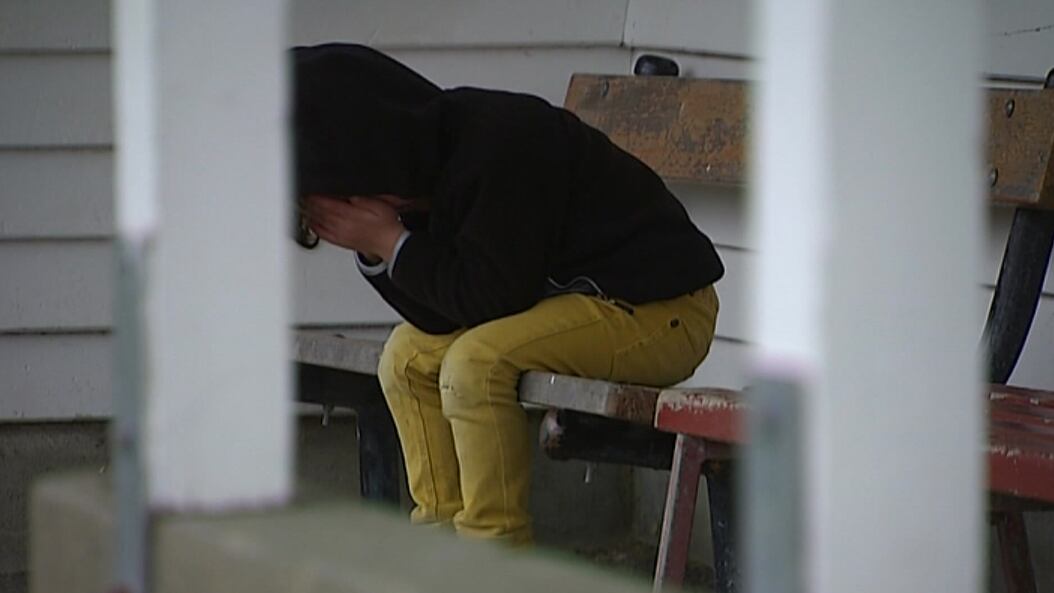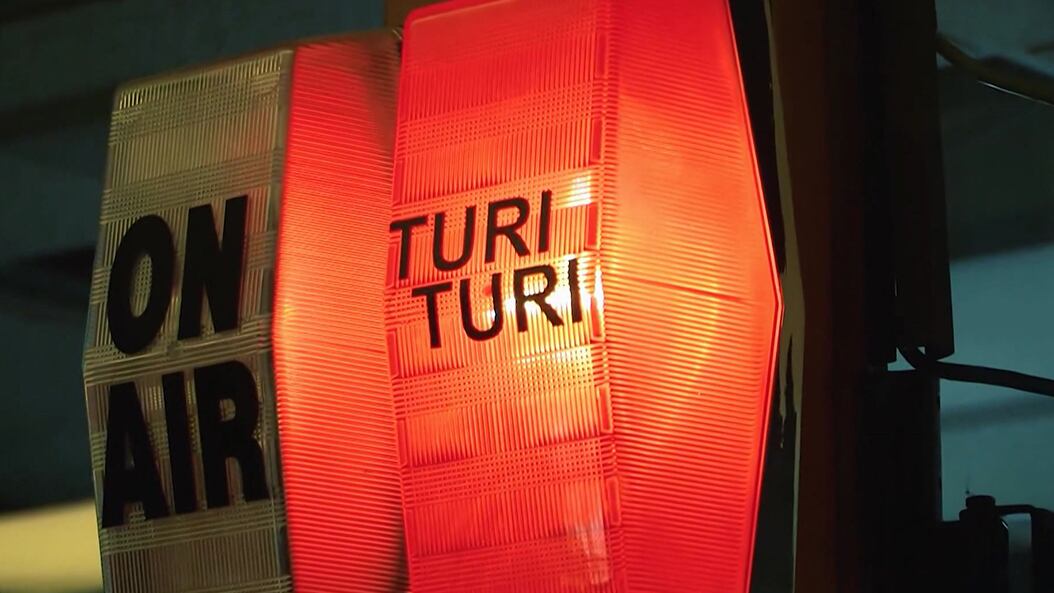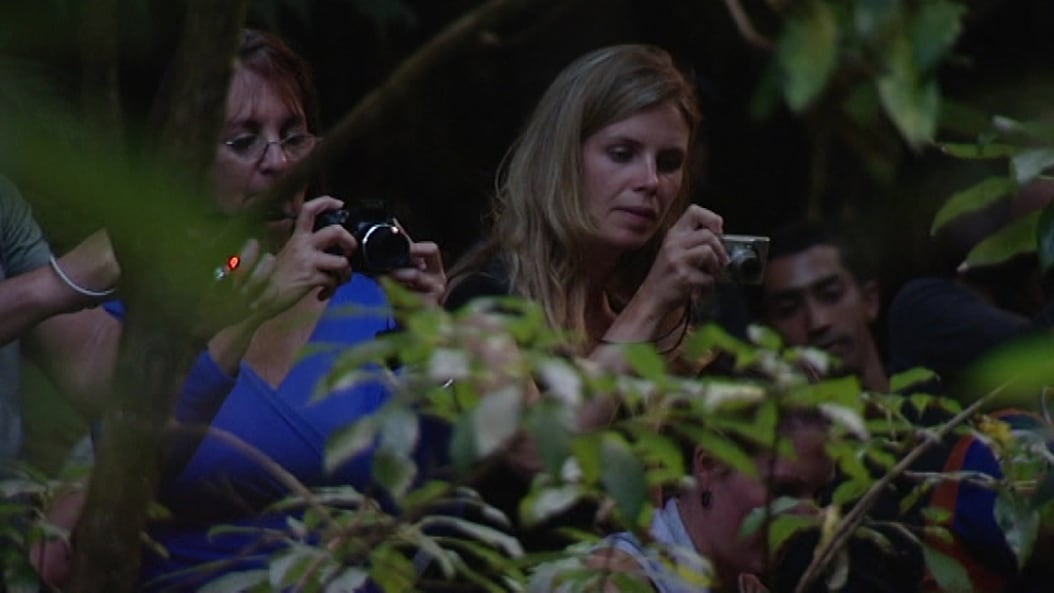As part of what it calls the Wellbeing Budget announced today, the government has prioritised $1.1 billion to go toward Māori.
The package will deliver on areas including housing, health, education, tamariki, whānau, justice reform and te reo Māori me ōna tikanga.

Photo source: File
Housing - $380 million
A total of $380 million has been allocated to delivering about 1,000 new homes for Māori including papakāinga housing, repairs to about 700 Māori-owned homes and expanding support services.
It will also include $30 million to go toward building future capability for iwi and Māori groups to accelerate housing projects and a range of support services.
Māori Development Minister Willie Jackson says, “This funding enables new ways of working with iwi and Māori partners to increase the scale of Māori housing delivery, including affordable rentals, transitional housing, papakāinga and progressive homeownership solutions.”
The $380 million is in addition to the Housing Acceleration Fund announced in March to increase the supply of affordable homes. The Housing Acceleration fund totalled $3.8 billion but $350 million of that will be invested in infrastructure to support Māori and iwi providers to build homes for whānau Māori.
Health and Māori Health Authority - $242.8 million
The government has allocated $242.8 million for Māori health initiatives, including setting up the new Māori Health Authority.
This includes $98.1 million for the establishment of the Māori Health Authority, $17.8 million to support of iwi/Māori partnership boards and $126.8 million for Hauora Māori programmes run by the Māori Health Authority including funding for increasing provider capability and a Māori health innovation fund.

Photo source: File
Benefit increases to tackle child poverty
In the wider budget, the government said it will increase benefit levels in a bid to lift up to 33,000 children out of poverty.
All benefit rates will increase by $20 a week from July 1 this year. A second increase will occur on April 1 next year. Families and whānau with children will also receive a further $15 per adult per week.
These investments mean that by April 1, 2022, 109,000 families and whānau with children will be, on average, better off by $40 per week and 263,000 individuals and couples without children better off by $42 per week. This includes 134,000 Māori and 33,000 Pacific peoples.
Māori education support - $150 million
More than $150 million will be invested in Māori education including $20 million to support Māori boarding schools.
Cabinet minister Meka Whatiti says Māori boarding schools develop the next generation of Māori leaders, and it is important to preserve the vital role they play in the education of rangatahi.
The budget will also address cost pressures facing wānanga with $32.3 million and also sets aside funds to start to address the inequitable funding of wānanga.
Funding has also been set aside to improve pay parity for teachers in kōhanga reo. However, the figure has not been included in the announcement today.
Lastly, $77 million will go towards funding property to build and expand schools delivering Māori medium education and investing in Māori learners’ success by putting more funding into Te Reo Matatini, Pāngarau, and Marautanga.

Photo source: File
Māori media sector - $42 million
The government has provided a continuation of funding of $42 million over four years to build a sustainable Māori media sector and invest in programme content.
This means $10.5 million is planned to be spent per year on top of almost $70million already allocated to existing funding.
The funding is expected to go towards Māor- specific media such as iwi radio and Māori Television to provide them with the ability to access and deliver innovative content.
Te Māngai Pāho will determine how the funding will be spent, with recommendations to be made over the next several weeks. More detail about the fund will be announced by ministers next Wednesday, May 26.
Tamariki and Whānau Ora - $23.4 million
Budget 2021 has set aside $23.4 million for the wellbeing of tamariki and whānau in the greatest need.
Oranga Tamariki will be working with partners in 2021 to develop a strategy for the children’s system that responds to the findings of the recent reviews, as well as reports from the Waitangi Tribunal and the Ministerial Advisory Board.
The strategy is likely to envisage a system where tamariki with the greatest need are safe and supported within their whānau by marae, hapū, iwi and their communities at the earliest opportunity, enabled by a system that’s trusted to step in only when needed.
Minister for Children Kelvin Davis says, “We have a lot of work still to do with Oranga Tamariki but this targeted funding will help move the organisation in the right direction by enabling us to devolve more power to the regions and to Māori, and ensuring tamariki stay with their whānau where possible.”

Photo source: File
Māori tourism - $12 million
Due to the impact of Covid-19, last year, the government invested $12 million in Māori tourism, which helped support Māori businesses to pivot, change or hibernate.
Budget 2021 will support three separate kaupapa – the expansion of the business support services already offered by New Zealand Māori Tourism, work to position the Māori tourism Industry for the future, as well as providing funding for anchor projects like the East Coast cycle track.
Minister for Māori Development Willie Jackson says, “Now we are working towards reconnecting with the world, we are helping to kick start our Māori tourism sector by investing $12 million, as a charge against the Covid-19 Response and Recovery Fund, in its restart to enable it to play a strong role in our economic recovery.”
Māori data sovereignty - $14.1 million
Budget 2021 will allocate $14.1 million to go towards iwi data collection.
Associate Minister of Statistics Meka Whaitiri says a lesson learned following the impact of Covid-19 is the need for better data collection.
She says the $14.1 million will support Treaty partners in building their data collection and analysis capability by assisting iwi to collect responses to the 2023 Census in two geographic areas.
“This initiative also aims to support the existing 2023 Census programme by improving response rates in priority groups.”
Te Reo me ōna tikanga - $14.8 million
An investment of $14.8 million is going to further support the implementation of the Māori language strategy, helping to achieve the goal of one million New Zealanders able to speak basic te reo Māori by 2040.
“More equitable funding for Māori is vital and investing $42 million into Māori broadcasting to build a sustainable Māori media sector and investing in programme content, is a step in the right direction, Jackson says.
“We all want to mihi to our fellow Māori Minister Kiri Allan. Before she took leave she secured $45.7 million operating and $850,000 capital funding for emergency management. An immediate priority will be growing the role iwi Māori play.”
